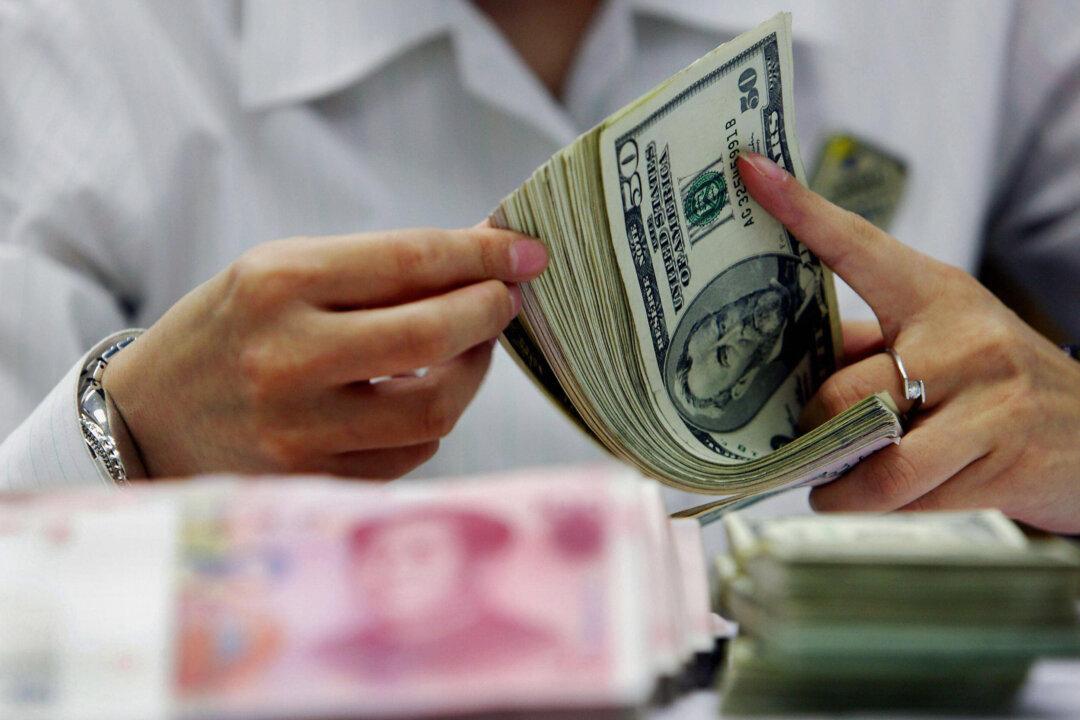Local governments in China are aggressively funding delegations to drum up business overseas. Large groups including Chinese city and business officials have made hundreds of trips abroad since early December in search of foreign investment.
Meanwhile, a recent U.S. trade report called out Beijing for continuing to give Chinese companies an unfair advantage and says Washington will protect the competitiveness of U.S. companies.





